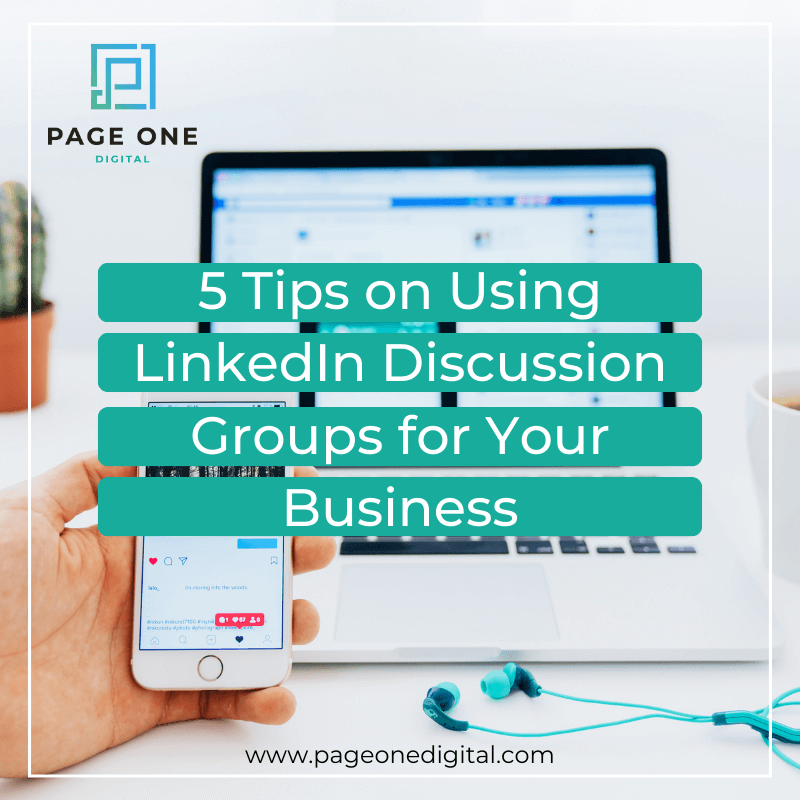Consumer commentary and reviews abound on the Internet, and some of these comments are negative. This can make it sometimes difficult for business owners to decide how to respond to these comments and when to let them go. Knowing how to respond to negative reviews and customer complaints is crucial. Check out our tips for curating positive social media responses:
1. Respond Appropriately
After reading a negative review of your business, it is tempting to claim that the reviewer is wrong, misinformed, or simply off-base. While these reactions are natural, they aren't helpful to your brand or social media presence. Never respond to a comment with an emotional or accusatory statement. Even if you believe it's true, don't claim that what the commenter did caused the problem. Instead, listen to what is being said, then respond in a professional, balanced manner.
2. Don’t Forget Everyone Reads Your Responses
Responses to comments, whether they are negative or positive, are vital because others are reading them. People will read the comments made by others even if they don't comment, and they will pay attention to how your business replies to them. Knowing how to respond to negative reviews in a timely and appropriate manner builds a sense of trust that will extend far beyond the particular commenter you are currently dealing with.
3. Keep It Brief
Social media responses to negative comments should not reveal too much information. Social media is a public platform, and airing out your grievances won't benefit your business or customers. Instead, curate a simple response like "We're sorry to hear we left you disappointed. However, if you would like to discuss the specifics of your issue, please call our customer service line." By keeping it brief, you will avoid further problems, encouraging customers to contact you directly.
4. Embrace Comments as Insight
If you look at comments you receive on social media as consumer insights, they can provide a lot of valuable information to you and your company. As you reply to comments, record any suggestions, tips, questions, or problems that people mention. When trying to figure out appropriate responses to negative comments, it may seem challenging to view them as constructive feedback. However, seeing them in this light will make you see the value in what could otherwise be draining on your time.
5. Hire Someone to Do Your Social Media Responses
Hire a social media manager to keep up with the interaction with the public if you want to get the most out of social media. Having a clear policy on how to respond to customer complaints is vital so your social media manager is on the same page as you.
You could damage the image of your business by not responding to customer feedback online. Don't be afraid to speak up and take action. If you would like more insight on how to respond to negative reviews and customer complaints, don’t hesitate to contact us today.
Related Posts
.jpeg)
Lets Get Ready to Tumble
When it comes to social media, most of us have heard of Facebook, Twitter, and Pinterest, but thereʼs another popular site called Tumblr. This microblogging site allows you to share text, photos, quotes, music links, and videos as well as blog posts. I've already covered the importance of keeping a blog for your business. So if, for some reason you cannot keep one directly on your website, Tumblr is a great option for you. However, if you can keep one on your website Tumblr is still a great place to share your blog posts. So here is a brief summary on how to get started.

5 Tips on Using LinkedIn Discussion Groups for your Business
Last week, I explained the importance of using LinkedIn Groups for your business. According to LinkedIn, groups "provide a place for professionals in the same industry or with similar interests to share content, find answers, post and view jobs, make business contacts, and establish themselves as industry experts."

Why LinkedIn is Worth Your Time
Most people overlook LinkedIn for social marketing efforts. If a company is using LinkedIn at all, in most cases it's for recruiting purposes. However, LinkedIn's discussion groups are extremely targeted when used properly.One of the most important strategies in marketing is to establish yourself and your company as an industry expert. LinkedIn has discussion groups for almost any topic you can think of.Let's say you're an insurance agent. You want to establish yourself as an insurance expert.


